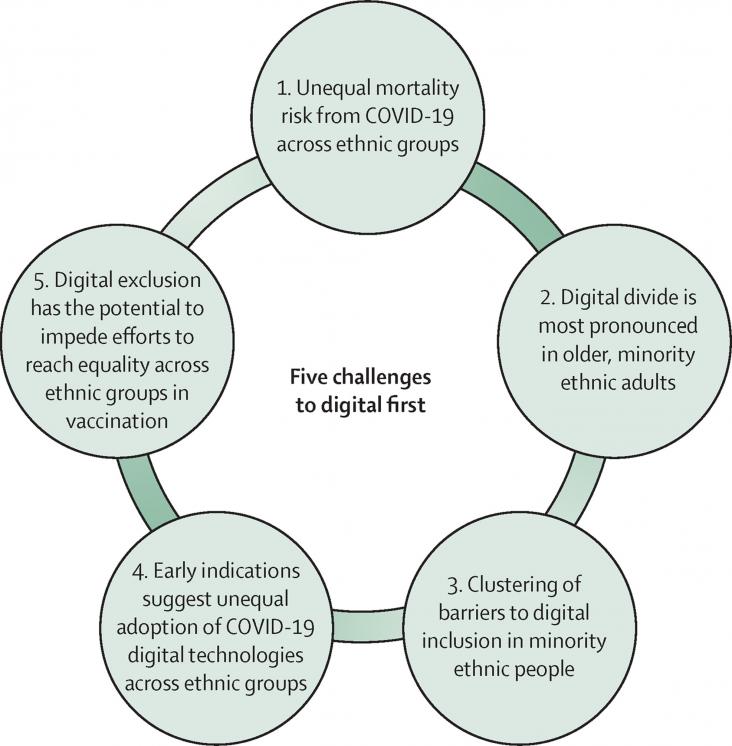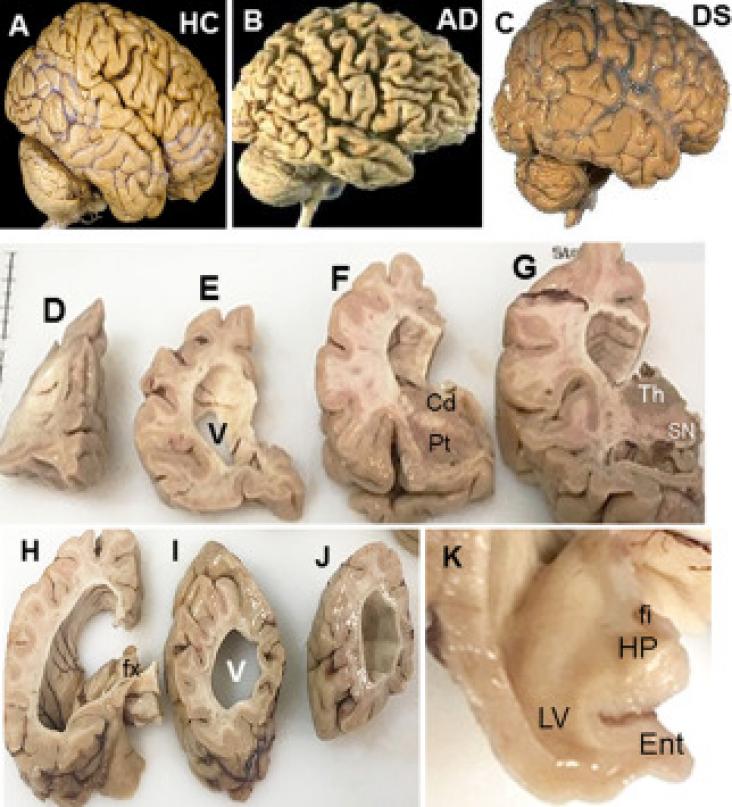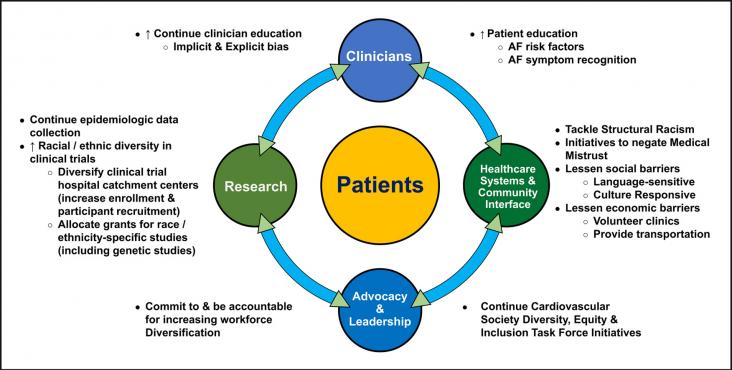The paper examines the prevalence and patterns of honour-based violence and oppression by documenting and analysing self-reported experiences among youth in contemporary metropolitan Sweden.
Within many countries, the policies of disability and old age have been developing on distinct paths.
Children and adolescents with intellectual disabilities (ID) often have language difficulties.
An important aspect of the transnational lives of Polish migrants in the Netherlands is their frequent use of healthcare services in Poland.
The neurological contributions to the consensus diagnosis for the presence of dementia in DS rest on characterization of the nature, magnitude, and the course of cognitive decline. The goal of SDG target 3.8 is to achieve universal health coverage, including financial risk protection, access to quality essential health-care services and access to safe, effective, quality and affordable essential medicines and vaccines for all

This Comment supports SDGs 3 and 10 by discussing the UK's reliance on digital technologies during the COVID-19 pandemic. Although a digital-first policy aims to reduce health inequalities, challenges such as low usage of the internet and low uptake of digital COVID-19 technologies among older, minority ethnic groups, could mean that the strategy instead reinforces the unequal effects of COVID-19.
Race-based assumptions in biomedical journal articles.

Describes features of the Down Symdrone brain suggesting that structurally and biochemically there are important differences pre- and postnatally relative to neurotypically developing brains. The goal of SD target 3.7 is to ensure, ensure universal access to sexual and reproductive health-care services, including for family planning, information and education, and the integration of reproductive health into national strategies and programmes

This article highlights the underrepresentation of racial and ethnic populations in atrial fibrillation clinical trials, especially trials focused on stroke prevention. Specific strategies are proposed for future research and initiatives that have potential to eliminate racial and ethnic differences in the care of patients with atrial fibrillation.
This Research Paper supports SDGs 3 and 10 by investigating the contribution of multiple long-term conditions to the widening inequalities in disability-free life expectancy by socioeconomic deprivation.
